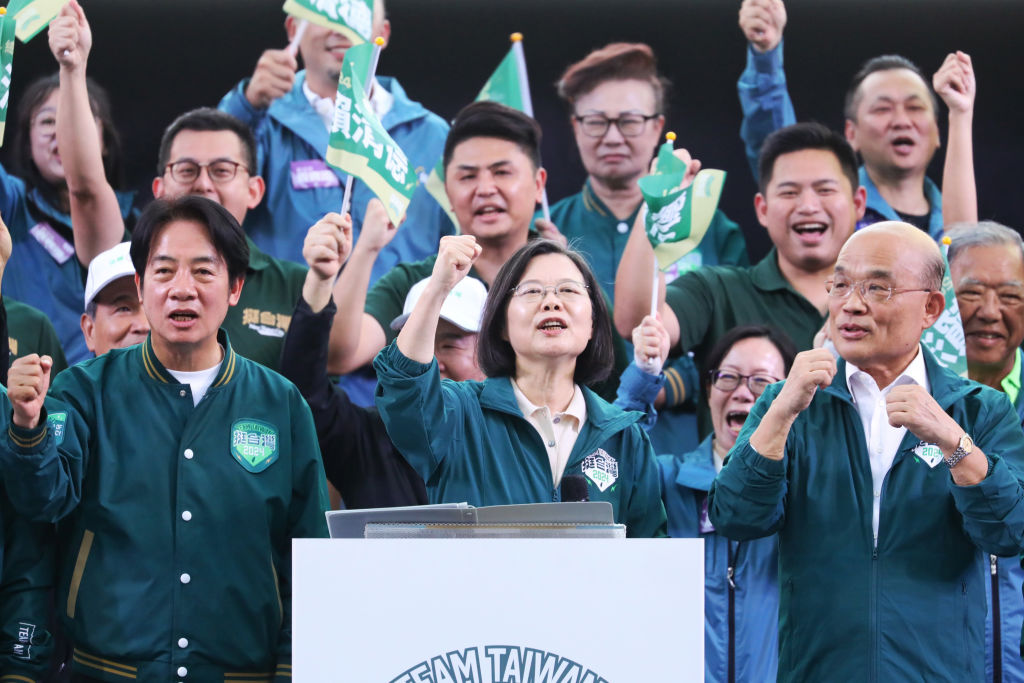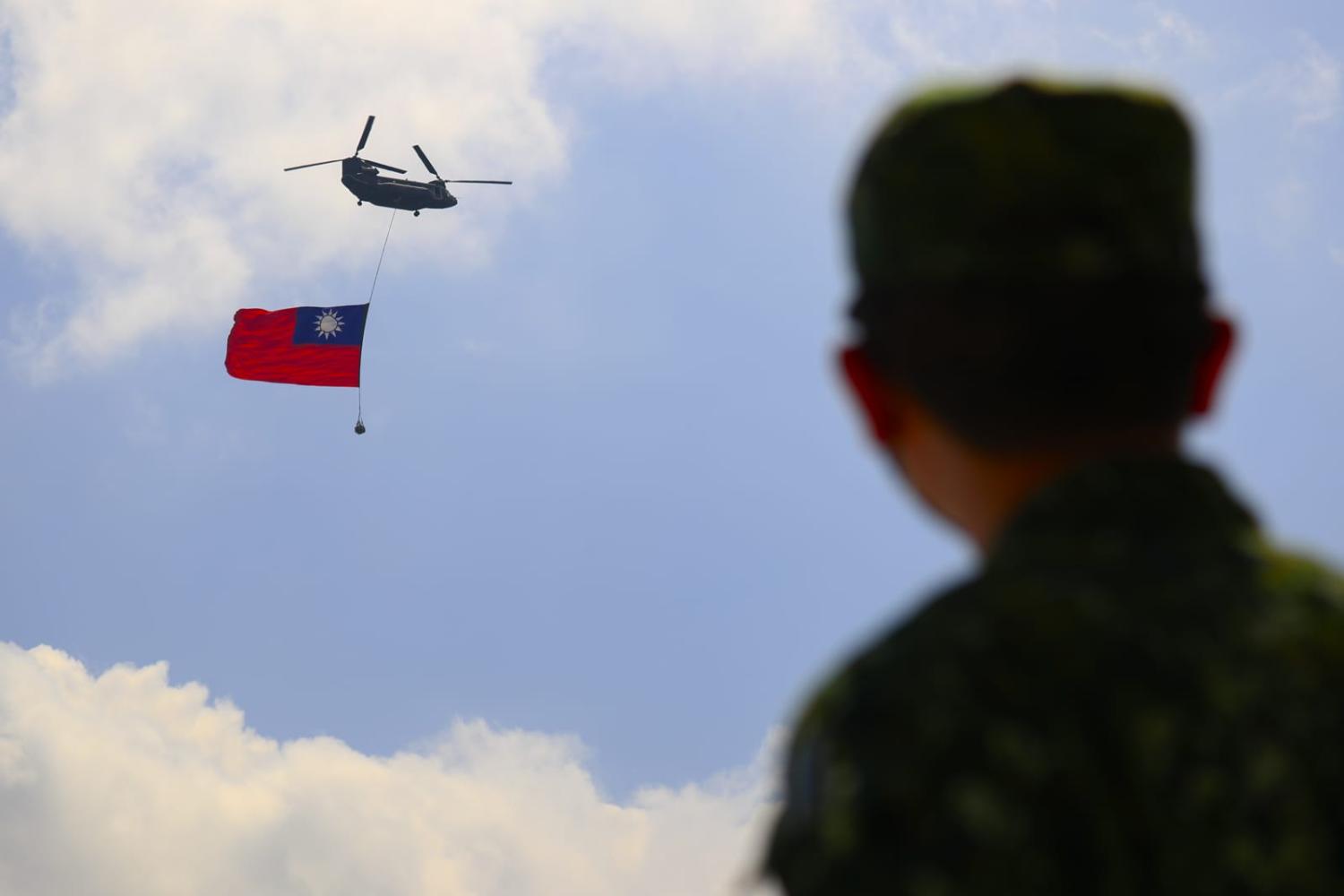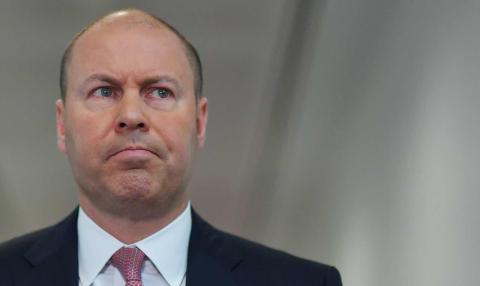Should Australia adopt a more assertive and, by definition, riskier policy on Taiwan?
Benjamin Herscovitch and Mark Harrison, of the Australian National University and the University of Tasmania respectively, make a cogent argument in a new Lowy Institute Policy Brief for a fresh approach on Taiwan.
The pair say Australia should support Taiwan’s application to join the regional trade pact, the Comprehensive and Progressive Agreement for Trans-Pacific Partnership (CPTPP), and reinvigorate bilateral ties by measures such as sending ministers regularly to the self-governed island and negotiating a bilateral trade deal.
By themselves, these are not radical ideas. Australia has sent ministers to Taiwan in the past – the last time was in 2012, when Craig Emerson, Labor’s then Trade Minister, visited. The Coalition government, elected in 2013, was negotiating a bilateral trade deal with Taiwan, but dropped it under intense pressure from Beijing.
In some ways, both the ministerial visits and trade deal were collateral damage from the change in government in Taiwan in 2016, when Beijing’s bête noire, the anti-China Democratic Progressive Party (DPP), won the presidential election. DPP leader Tsai Ing-wen, was returned for a second term as president in 2020. Ahead of the presidential poll in January next year, the DPP holds a narrow lead ahead of the more mainland-friendly Nationalist party. If DPP’s candidate wins, that would give the party an unprecedented third term in the presidential palace.

In all likelihood, Beijing will respond with belligerence to a DPP victory, by lifting military pressure on the island. Beijing’s response to the DPP’s ascendancy has been to squeeze and isolate Taiwan at every turn and to stop the island’s government from building closer ties around the world, including with Australia.
Taiwan has worked hard to push back against Beijing’s campaign in international organisations, but with limited success. Australia has supported many of these efforts, such as allowing Taiwan to participate more freely in the World Health Organisation.
But by and large, Australian policy towards Taiwan under both Labor and Coalition governments has been cautious, even during the intense debates over China during Scott Morrison’s time.
Morrison’s hawkish then Defence Minister, Peter Dutton, said in late 2021 that it was “inconceivable” that Australia would not support the United States in a fight with China over Taiwan. Later that month, Dutton warned of the “terrible price” of inaction over Taiwan, comments which were supported by Morrison. But the political noise overshadowed the fact that Morrison’s government, for all their bellicose rhetoric on China and Taiwan, never strayed from Australia’s foundational “one-China” policy.
Commentator and former China correspondent, Rowan Callick, captured the struggle of Australia to shift the frame of Taiwan policy nicely in a recent article.
If Australian relations with the PRC are fraught, Canberra says it’s not the appropriate time to do more with Taiwan, in case that makes Beijing even more mad,” he wrote. “If Australia-PRC relations are good, it’s considered safest not to imperil that sweet spot by building better ties with Taiwan.
In Herscovitch and Harrison’s telling, it’s time to break the shackles. They argue that Australia can stay within the red lines of the country’s one-China policy, and still do much more to bolster trade and political ties.
This is a reasonable argument. But the question is at what cost?
Herscovitch and Harrison concede that their strategy “is likely to be a complicating factor for Australia’s relations with China”. But they maintain Beijing’s recent normalisation of ties with Canberra, the consistency of Taiwan outreach with the one-China policy, similar initiatives by Australia’s partners, and the already fraught nature of bilateral ties point to minimal disruption with Beijing.
Given the increasing intensity of cross-Strait ties, however, this argument probably underestimates the intensity of the blowback from Beijing of getting closer to Taiwan.
It may be true, as Callick argued, that Australia has backed itself into a cul-de-sac on Taiwan. But it is also true that changing course carries real risk and costs. The more that China and Taiwan drift apart, a division that will be widened by a DPP victory in the presidential elections in January, the greater the blowback.
The argument in favour of embracing a policy change, something that should be done in coordination with allies and partners, is that such initiatives will buoy and strengthen Taiwan and its democracy, which is the key to its survival.
But bilateral initiatives are not the only way for Australia to bolster Taiwan and signal its support. Australia can be just as good a partner by strengthening its security partnerships with the United States and Japan and its defence posture to build deterrence in the region. That is the main game.

